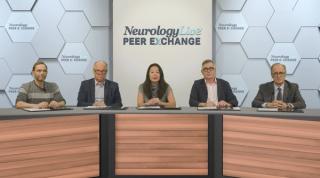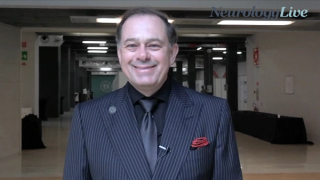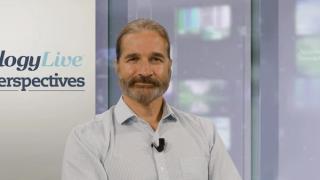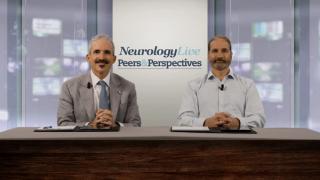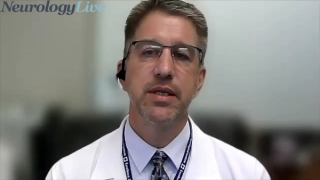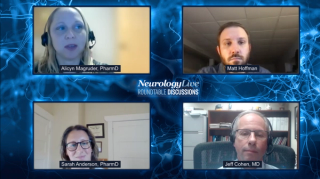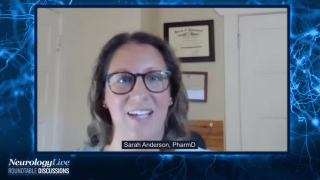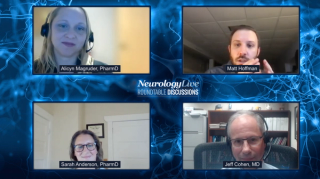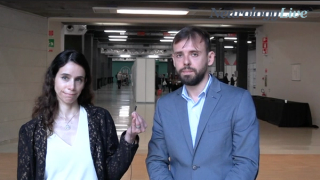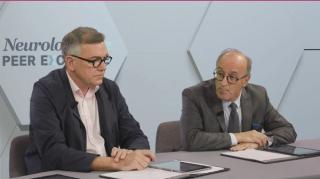
MS and Demyelinating Disorders
Latest News
Latest Videos

CME Content
More News

Months after the FDA cleared a phase 2 study in myasthenia gravis, KYV-101 is set to be assessed in a diverse cohort of refractory progressive multiple sclerosis.

Over the 12-week study, treatment with famciclovir failed to reduce the frequency of viral shedding, further adding to the complexity of the role of Epstein-Barr virus in MS.

Catch up on any of the neurology news headlines you may have missed over the course of December 2023, compiled all into one place by the NeurologyLive® team.
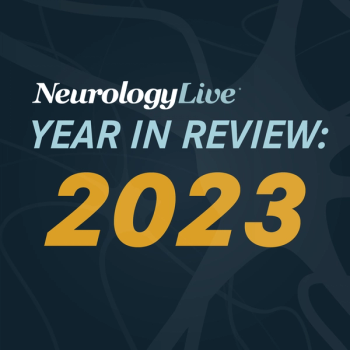
As part of NeurologyLive®'s Year in Review, we've compiled the most-read feature-length stories that appeared on the website in 2023.

Take 5 minutes to catch up on NeurologyLive®'s highlights from the week ending December 29, 2023.

As part of NeurologyLive®'s Year in Review, take a look at our most-watched expert interviews in multiple sclerosis in 2023.

As part of NeurologyLive®'s Year in Review, take a look at our most-read news in multiple sclerosis in 2023.

In 2023, these episodes of the Mind Moments® podcast got the most attention from listeners, with this list brought to you as part of NeurologyLive®'s Year in Review.

Here's some of what is coming soon to NeurologyLive® this week.

Take 5 minutes to catch up on NeurologyLive®'s highlights from the week ending December 22, 2023.
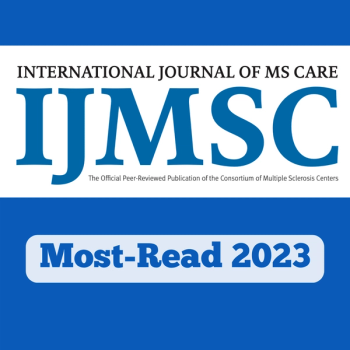
Click through for the most-read articles from the 2023 issues of the International Journal of MS Care: cannabis, fall prevention, parental MS, and more.
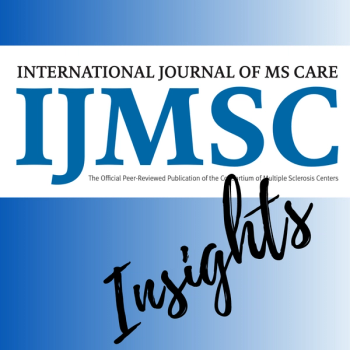
A new feature on NeurologyLive®, IJMSC Insights offers a closer look at the latest research and the people behind it from the community of the International Journal of Multiple Sclerosis Care (IJMSC) and the Consortium of Multiple Sclerosis Centers (CMSC).
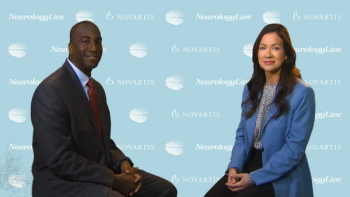
Jason Freeman, MD, MBA, and Abby Rogers, DMSc, PA-C, MPAS, discuss a study presented at ACTRIMS 2023 on high-efficacy disease-modifying therapies for treatment-naïve patients with multiple sclerosis. Sponsored by Novartis.
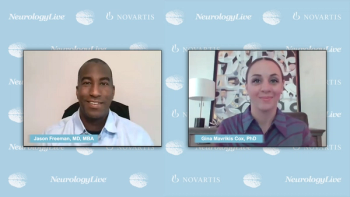
Jason Freeman, MD, MBA, and Gina Mavrikis Cox, PhD, discuss a presentation from CMSC 2023 on the role of serum biomarkers in multiple sclerosis management. Sponsored by Novartis.

A new feature on NeurologyLive®, IJMSC Insights offers a closer look at the latest research and the people behind it from the community of the International Journal of Multiple Sclerosis Care (IJMSC) and the Consortium of Multiple Sclerosis Centers (CMSC).

Here's some of what is coming soon to NeurologyLive® this week.

A recent meta-analysis revealed significant differences in characteristic between patients with NMOSD and MS, highlighting the need for enhanced tools to differentiate between these diseases for early and accurate diagnosis.

Test your neurology knowledge with NeurologyLive®'s weekly quiz series, featuring questions on a variety of clinical and historical neurology topics. This week's topic is ataxia.

A recent subgroup analysis of the N-MOmentum study revealed that inebilizumab had equal efficacy in reducing attacks among Asian and nonAsian patients with NMOSD, demonstrating its continued superiority over placebo.

Take 5 minutes to catch up on NeurologyLive®'s highlights from the week ending December 15, 2023.

A new feature on NeurologyLive®, IJMSC Insights offers a closer look at the latest research and the people behind it from the community of the International Journal of Multiple Sclerosis Care (IJMSC) and the Consortium of Multiple Sclerosis Centers (CMSC).

A new feature on NeurologyLive®, IJMSC Insights offers a closer look at the latest research and the people behind it from the community of the International Journal of Multiple Sclerosis Care (IJMSC) and the Consortium of Multiple Sclerosis Centers (CMSC).

Here's some of what is coming soon to NeurologyLive® this week.

Test your neurology knowledge with NeurologyLive®'s weekly quiz series, featuring questions on a variety of clinical and historical neurology topics. This week's topic is ataxia.

Take 5 minutes to catch up on NeurologyLive®'s highlights from the week ending December 8, 2023.






